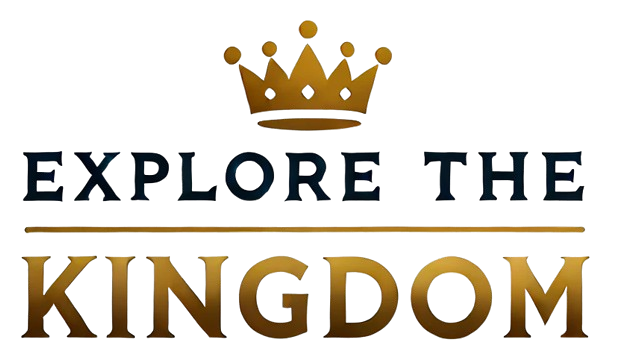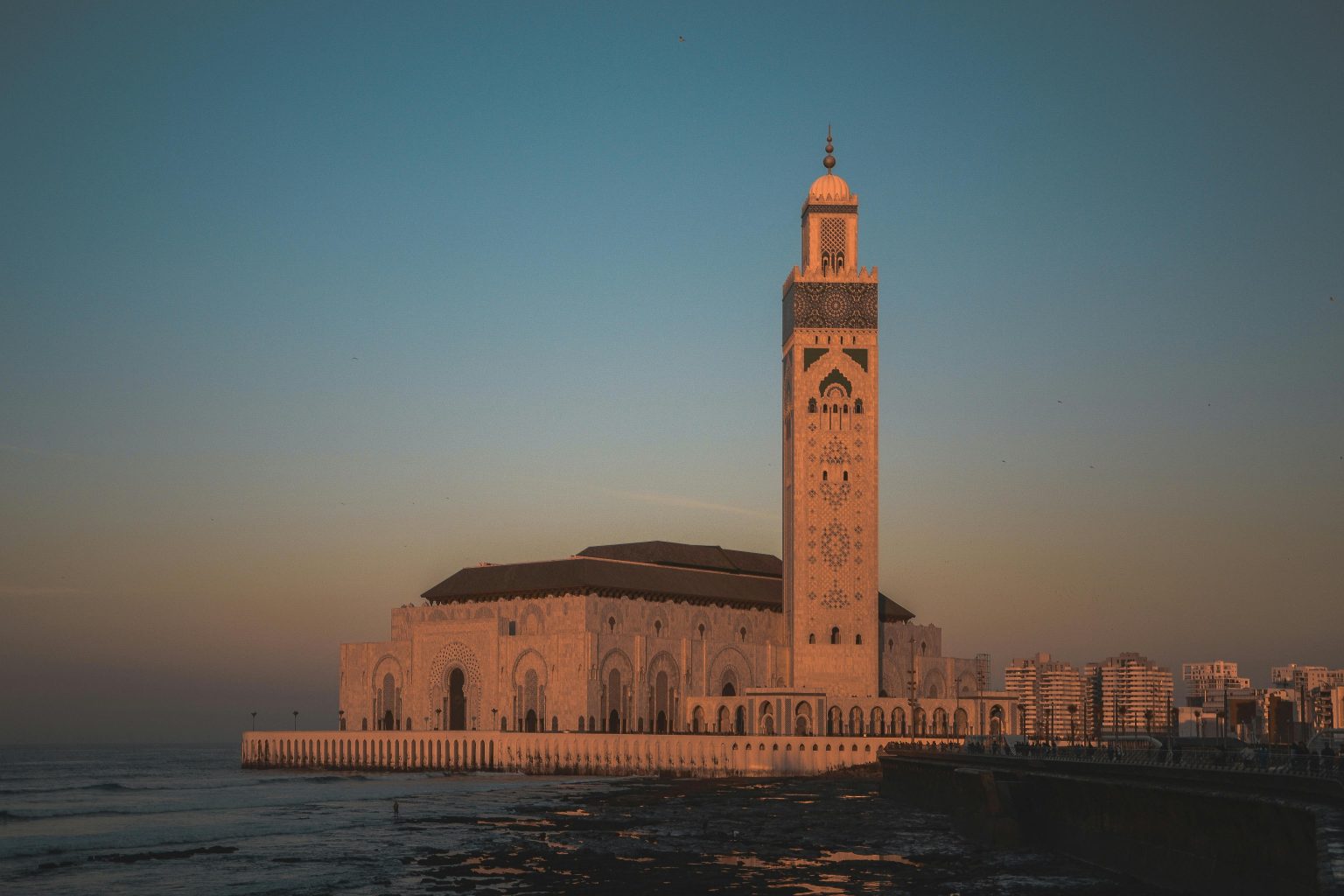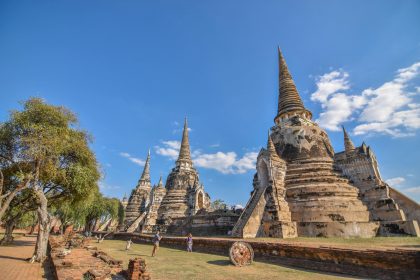Morocco, a North African country with a rich history and diverse cultural heritage, has long been shaped by its monarchy. The King of Morocco, currently King Mohammed VI, plays a pivotal role in the country’s political landscape. His influence extends beyond ceremonial duties, encompassing significant aspects of governance, social reform, and international relations. This article explores the multifaceted role of the Moroccan King in modern politics, analyzing the interplay between monarchy and democracy, the King’s initiatives for reform, and his impact on Morocco’s position in the global arena.
Historical Context
To understand the contemporary role of the Moroccan King, it is essential to consider the historical context of the monarchy in Morocco. The Alaouite dynasty, to which the current king belongs, has ruled since the 17th century. The monarchy has traditionally held significant power, with the King regarded as a spiritual leader and a symbol of national unity. Following Morocco’s independence from French colonial rule in 1956, King Mohammed V laid the groundwork for a modern state, emphasizing nationalism, social development, and economic progress.
King Hassan II, who ruled from 1961 until he died in 1999, was known for his authoritative governance style. His reign witnessed political repression, economic modernization, and a gradual push towards political pluralism. The transition to the current monarch, King Mohammed VI, marked a new era characterized by promises of reform and modernization.
The Monarchical System in Morocco
The Moroccan Constitution establishes the monarchy as a central pillar of governance. The King is the head of state and holds the title of Commander of the Faithful, reflecting his role as a religious leader. This dual authority allows the King to wield considerable power, influencing legislation, appointing government officials, and dissolving the parliament.
The Moroccan political system is often described as a constitutional monarchy, yet the powers vested in the King suggest a more complex relationship with democracy. While Morocco has a parliamentary system, the King retains the authority to intervene in political matters, sometimes leading to tensions between the monarchy and elected officials.
King Mohammed VI’s Reform Agenda
Since ascending the throne in 1999, King Mohammed VI has initiated a series of reforms aimed at modernizing Morocco and improving the lives of its citizens. His agenda encompasses various sectors, including economics, social welfare, and human rights.
Economic Reforms
Under King Mohammed VI, Morocco has pursued an ambitious economic development strategy. The King has championed initiatives to attract foreign investment, boost tourism, and enhance infrastructure. One notable project is the Tanger-Med Port, which has transformed Morocco into a key logistics hub in the Mediterranean region. Additionally, the King has promoted renewable energy projects, positioning Morocco as a leader in sustainable energy in Africa.
These economic reforms are part of a broader vision to reduce unemployment and poverty, particularly among the youth. The King’s commitment to economic development has garnered support from international partners, enabling Morocco to secure financial assistance and investment.
Social Reforms
Social reform has been another cornerstone of King Mohammed VI’s agenda. The King has prioritized education, healthcare, and women’s rights. The National Initiative for Human Development (INDH), launched in 2005, aims to address social inequalities and improve living conditions for marginalized communities.
Regarding women’s rights, the King enacted laws to enhance gender equality, including the Family Code (Moudawana) reforms in 2004, which aimed to improve women’s legal status in marriage and divorce. While these reforms have made significant strides, challenges remain, and ongoing advocacy for women’s rights remains essential.
Human Rights and Political Reform
King Mohammed VI has also addressed human rights concerns in Morocco, albeit with varying degrees of success. In 2004, the king’s government established the Equity and Reconciliation Commission to address past abuses and promote national reconciliation. This initiative aimed to confront the legacy of political repression under King Hassan II and foster a culture of accountability.
However, critics argue that while the King has made some progress in human rights, there are still significant issues, including freedom of expression, press freedom, and the treatment of political dissent. The government has faced criticism for its handling of protests and for limiting the activities of opposition parties.
The King and Political Stability
One of the defining characteristics of King Mohammed VI’s rule is his ability to maintain political stability in a region marked by unrest. The Arab Spring 2011 prompted widespread protests across the Middle East and North Africa, including Morocco. In response, the King introduced a new constitution that expanded the powers of the parliament and enshrined additional rights for citizens.
While the reforms were seen as a response to public demands, the King’s ability to retain significant authority remained intact. The monarchy’s stability has been crucial in Morocco’s relative calm during regional turmoil. By positioning himself as a reformer while preserving the monarchy’s power, King Mohammed VI has managed to navigate the complexities of modern governance.
Morocco’s International Relations
The King’s role extends beyond domestic affairs and has shaped Morocco’s foreign policy. King Mohammed VI has sought to enhance Morocco’s standing on the international stage, fostering relationships with various countries and regional organizations.
African Engagement
In recent years, Morocco has focused on strengthening ties with African nations. The King has emphasized the importance of African unity and development, leading Morocco to rejoin the African Union in 2017 after a long absence. This move signifies Morocco’s commitment to playing a more active role in African affairs, particularly in trade, investment, and security.
Relations with the West
Morocco maintains strong relationships with Western countries, particularly the United States and the European Union. The King has positioned Morocco as a key partner in regional security, especially in combating terrorism and managing migration issues. The U.S. has recognized Morocco as a major non-NATO ally, underscoring the country’s strategic importance in American foreign policy.
The Western Sahara Dispute
A significant aspect of Morocco’s foreign policy is the ongoing dispute over Western Sahara, a territory claimed by Morocco and the Sahrawi Arab Democratic Republic (SADR). The King has remained steadfast in asserting Morocco’s sovereignty over the region, seeking to gain international recognition for its territorial claims. This issue continues to shape Morocco’s diplomatic relations and remains a point of contention in its interactions with other countries.
Conclusion
A complex interplay between authority and reform characterizes the role of the Moroccan King in modern politics. King Mohammed VI sought to modernize the country while maintaining the institution of the monarchy as a stabilizing force. His initiatives in economic and social reform reflect a commitment to improving the lives of Moroccans, but challenges remain, particularly in the realm of human rights.
Furthermore, the King’s influence extends beyond national borders, positioning Morocco as a key player in African affairs and a strategic partner to Western nations. As Morocco navigates the challenges of the 21st century, the monarchy will continue to play a crucial role in shaping the political landscape and addressing the aspirations of its citizens. Morocco’s future will likely depend on the delicate balance between modernization, social progress, and the enduring authority of the monarchy.



